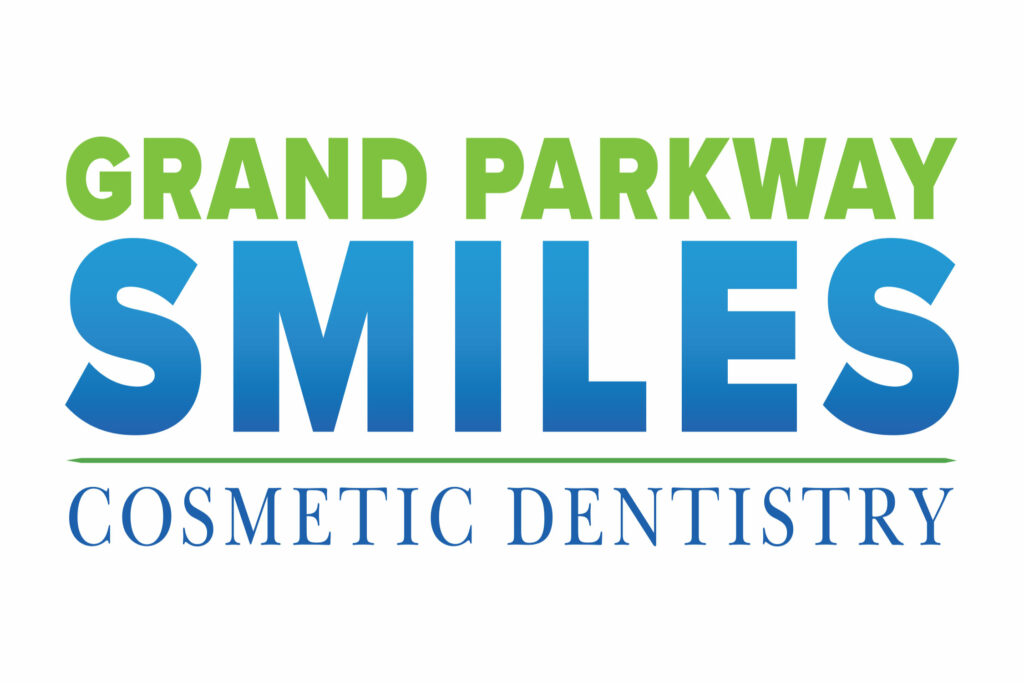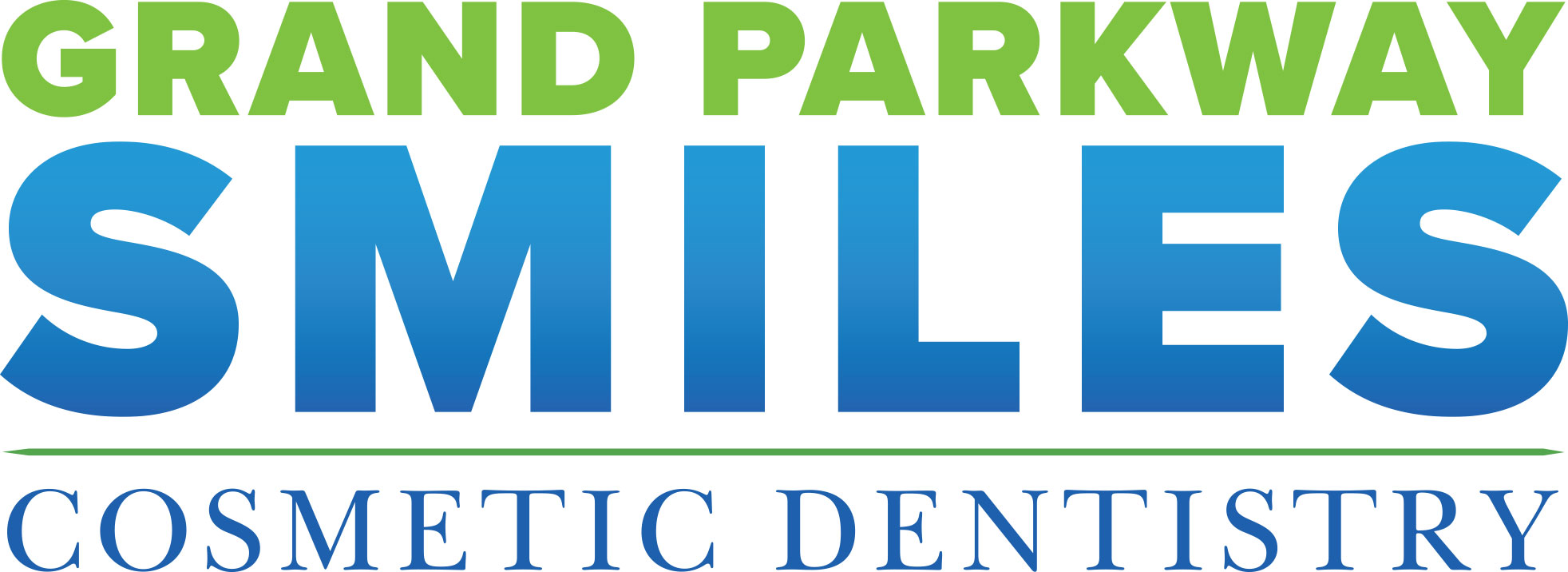Understanding Wisdom Teeth
Understanding Wisdom Teeth
Wisdom teeth are the things most patients fear the most, but know little about other than the “horror” stories they have heard from friends and family or have seen on television and movies.
Wisdom teeth are the last teeth to form and enter into the adult mouth. They are the four teeth that enter the mouth behind the molars on the top and bottom jaws on both sides. They may appear anytime from mid to late puberty all the way into early adulthood. These teeth are the most varied both in size and formation. Most people develop these “wisdom” teeth, called third molars, but some lucky few may never have them. Only a full mouth x-ray (panorex) scan can accurately identify their presence or absence.
Many potential problems can develop due to the movement of these teeth into the mouth, a process called eruption. If sufficient room is present and no obstacles block these teeth, they may erupt into a straight, working formation. When the jaw is too small or something blocks the path of the wisdom tooth, it becomes “stuck in place.” This “stuck” condition is called an impaction. Teeth can be blocked by the gums, other teeth, bone of the jaw, or other pathologies within the jaw.
Impactions can lead to many problems including destruction of the jaw bone, destruction of the teeth next to the impaction, development of pathologic lesions, or possibly jaw fracture itself. The location of these impactions can also cause inflammation or infections of the gums around the surface where these teeth erupt, or the development of decay from bacteria that invade the inaccessible spaces between the teeth.
Even wisdom teeth that erupt into a straight, working formation may cause problems. Often, these teeth are located so far in the back of the mouth that they are difficult to keep clean and free of bacteria and plaque. These teeth are more prone to decay and gum diseases. Another common problem that can develop is the cheek being caught between these teeth. The patient will often startle when they bite themselves.
Frequently asked questions about tooth removal
“Why do we have wisdom teeth if all they ever do is cause problems?”
Wisdom teeth are remnants from our pre-human ancestors. Our long lost relatives had larger mouths with a more pronounced forward jutting bottom jaw that could accommodate these teeth (think of Homer Simpson). These extra teeth provided a larger surface area for grinding of food and overall eating efficiency. As time progressed, the lower jaw shortened, but we did not lose these teeth. This condition is similar to the phenomena that we have “tailbones” but lack an actual tail.
“Is it true that wisdom teeth will push my other teeth and cause crowding?”
No. This is an old myth that continues to be widely believed. Many studies have shown that wisdom teeth do NOT cause crowding of teeth. Once wisdom teeth have fully developed, they are unable to exert any pressure. Studies have shown that people continue to have their teeth shift throughout their lives, even when they had never had wisdom teeth develop or had their wisdom teeth removed years earlier. The actual cause is due to the fact that the jaw bone continues to grow from the joint by the ear and is remodeled or “dissolved” at the chin area. The jaw grows in a down and forward direction. Because the teeth are stationary in the jawbone, they follow the direction of growth and may crowd in the bottom front area. The removal of wisdom teeth will not eliminate or prevent this problem.
“Can wisdom teeth cause ear pain or my jaw to pop?”
Sometimes. Pain that truly comes from a wisdom tooth may feel like ear pain or pain may be felt in other areas of the jaw. Jaw popping is usually not associated with wisdom teeth. Both ear pain and jaw popping may be related to a temporal-mandibular joint (TMJ) problem. Temporal-mandibular dysfunction (TMD) is a long-standing, chronic condition of inflammation, destruction, or dysfunction of this joint. Wisdom teeth cannot cause TMD, but may contribute or worsen symptoms of an already present condition.
“Why would I have to have my wisdom teeth out if I don’t feel pain?”
There are several reasons for having wisdom teeth extracted. Always talk with your dentist regarding your particular diagnosis and treatment recommendations. The most common reasons for wisdom teeth removal include:
1) Asymptomatic pathologic conditions. There is an abnormal condition that can only be treated by the removal of your wisdom tooth. Many lesions (including cysts, decay, or periodontal disease) may not cause pain, but progress to damage or destroy structures within the mouth. In rare cases, some growths may be malignant and can spread to other areas of the body.
2) Elective treatment to prevent the development of pathologic conditions. Problematic conditions may develop in the future. By choosing to remove the wisdom teeth sooner than later helps avoid the development of pain or other destructive processes.
Also, in general, as we get older the body is slower at healing and repairing itself. Treatment at a younger age can ensure optimum healing with potentially few complications or risk of delayed healing.
“My wisdom teeth hurt. Will I need to have them removed?”
Maybe. Not all pain in the back of the mouth is caused by wisdom teeth. A thorough exam is needed in order to diagnose what is the source of your pain. Sometimes a tooth close by may be causing pain and not the wisdom tooth itself. Another source of wisdom tooth pain is caused by the teeth coming up through the gums (erupting). This is the feeling that infants experience when they are “cutting teeth” or “teething.”
Pain caused by wisdom teeth will probably need to be extracted. Alternatives to tooth pain are available, however most will not cure the underlying problem. Some alternatives only act as a short term relief from the symptoms, but will eventually develop again with time.
“I have a cavity on my wisdom tooth. Can’t I just get a filling?
Maybe. Small areas of decay may be restored by placing a filling.
Larger decay presents a compromised situation for the patient and the dentist. Cavities (decay) are caused by a combination of several factors. Generally speaking, the collection of soft plaques house millions of bacteria that secrete acids which dissolve the tooth. These soft plaques are easily removed by routine brushing and regular oral care. Plaques accumulate by improper brushing or due to the inability of a tooth brush to reach the wisdom teeth. If a patient has developed decay on a tooth, the likelyhood of developing decay in the future is greatly increased. Additionally, if the patient has had a hard time accessing the tooth to remove plaques, the dentist will have increased difficulty reaching the tooth to remove all the decay and place an optimal filling. Considering these factors, the patient would leave the dental clinic with a less than ideal filling which would need re-treatment or an extraction afterall.
“Will it hurt when I get my tooth pulled?”
The most discomfort is from the initial numbing injections. After a few minutes, the teeth and surrounding areas will be completely numb. During the actual procedure, you will feel a lot of pressure and pushing, but you should not feel anything sharp or pinching. Once the tooth starts to loosen you may hear and feel popping or crackling noises momentarily.
“How much does it hurt after my tooth is removed?”
This varies on many factors. Post surgery pain is affected by:
– individual’s perception of pain
– difficulty of procedure performed
– length of the total procedure
– quantity of teeth removed
– presence of any pre-surgery infections
– development of post-surgery complications
– effectiveness of pain medications
– how well the patient follows the dentist’s post-surgery instructions and recommendations
“I’ve known someone who has gotten dry socket. What is that?”
Once a tooth is removed, a blood clot (scab-like covering) will develop in place of the missing tooth and is extremely important to the healing process. A poorly formed clot (or total loss of the clot itself) can lead to a dry socket (medically known as Localized Alveolar Osteitis). Symptoms of this condition include extreme pain that seems to intensify after the 3rd to 5th day after surgery. The pain may or may not radiate through the jaw and is usually associated with a bad smell. This condition IS NOT the same as an infection and is most commonly occurs with teeth removed from the lower jaw. Dry socket is treated by relieving the symptoms (pain) and can best be avoided by closely following the dentist’s instructions and keeping the area as clean as possible following surgery. Dry socket usually goes hand-in-hand with delayed healing. Healing is occurring normally, but at a much slower than expected rate.
“What are some possible risks or problems that can happen when having wisdom teeth removed?”
Your dentist will discuss the general risks and complications associated with the surgical procedure and any other conditions that may specifically relate to you. An additional information hand-out is available for your information detailing the most common problems than can arise and what to expect.
“Can’t I just be put to sleep to have my teeth out?”
That service is not provided at this clinic. Sedation may be considered, but is only available on a case-by-case basis. In most situations, local anesthetic (numbing shot) is sufficient for most tooth removal cases.
“What do I need to do after my surgery?”
Your dentist and/or dental assistant will discuss the aftercare and general guidelines on how to care for yourself after surgery. They will also provide a written informational hand-out for you to refer back to. Topics include:
Pain management
Nutrition and hydration
Activities to DO and Activities to AVOID
Oral hygiene
“What should I do if I am having problems once I am at home? I’m afraid I wouldn’t know what to do.”
Always refer back to the informational hand-out provided to you after your surgery. Included are commonly expected conditions and how to treat them (such as pain, swelling, and bleeding) as well as signs of infection or potentially serious complications (such as medicine allergies). When in doubt, seek medical attention as directed on the hand-out. Generally, most conditions can be safely managed at the dental clinic. However, in the case of a true life emergency, contact 911 or proceed to the nearest emergency department.


